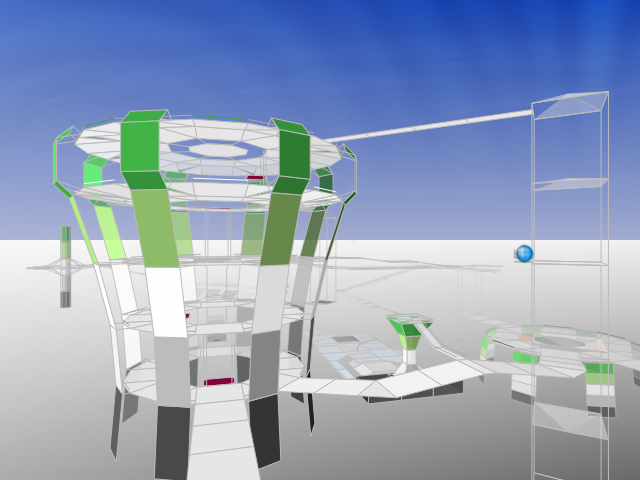Whose pride – whose right to live openly as our authentic selves – are we campaigning for and celebrating?
Our society has a long history of harming some groups of people by aggressively promoting a norm that does not include them. That stigmatises them. And by pressuring them to conform – to hide what makes them different from that norm – makes them appear and feel more rare than they really are. These groups are now emerging, finding each other and claiming their visible presence in public and political space to advocate for a society that would understand and fully include them.
Orientation: Not everyone has the same experiences of attraction. Which gender or genders of people we might find ourselves attracted to, is not dictated by our own gender. There are different kinds of attraction – sexual and romantic being the best known. Some people don’t experience all (or any) of these.
Gender: Not everyone has the same experiences of gender. For many, a gender other than the one they were assigned at birth is the answer – it’s who they truly are on the inside, who they need to be. For some, that gender is neither male nor female. For some, it varies from one day to the next.
Intersex people: Not everyone is born with a body that fits the traditional expectations of how babies would be classified as male or female. And even some who are, discover later in life that their anatomy or their chromosomes are different from what they’d thought they had.
The complex of ideas that gave us homophobia and transphobia, in fact goes much further than that. Traditional gendered social roles and the misogyny tangled up with those, are at the root of all this and more. While the LGBTQIA+ community focuses on the three sets of issues above, a great many of us are also concerned with wider matters – supporting ways of life that are outside those traditional roles. That’s why in this community you’ll find higher levels of acceptance and interest for feminism, anti-racism, disability rights, mental health, sex education and sexual health, BDSM and fetishes, polyamory, and any movement that seeks to emancipate those who may be oppressed or disadvantaged because they have a specific characteristic.
When somebody is a member of this community for more than one reason – perhaps their gender and their orientation – those things can intersect to make them even more marginalised from conventional society. Other types of oppression can play a role in this too. For example a gay person of colour may be affected by racism in a white-majority LGBTQIA+ group, and at the same time face a different experience of homophobia in their own ethnic group from that of the western world in general.
What do the letters mean?
The names we give to our community, and the groups within it, continue to change as we understand ourselves better and our place in society evolves. LGBTQIA+ stands for only a representative sample of who we are: lesbian, gay, bi, transgender, queer, questioning, intersex, asexual, aromantic, agender and more… Here are some of the best known pride flags created by groups of people in our community – click on each one for more information.
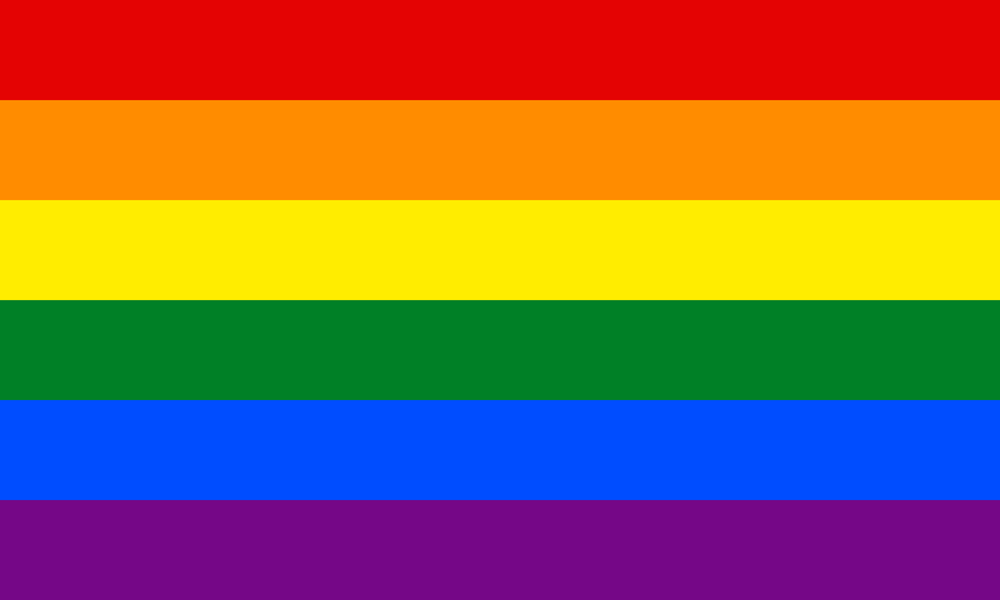
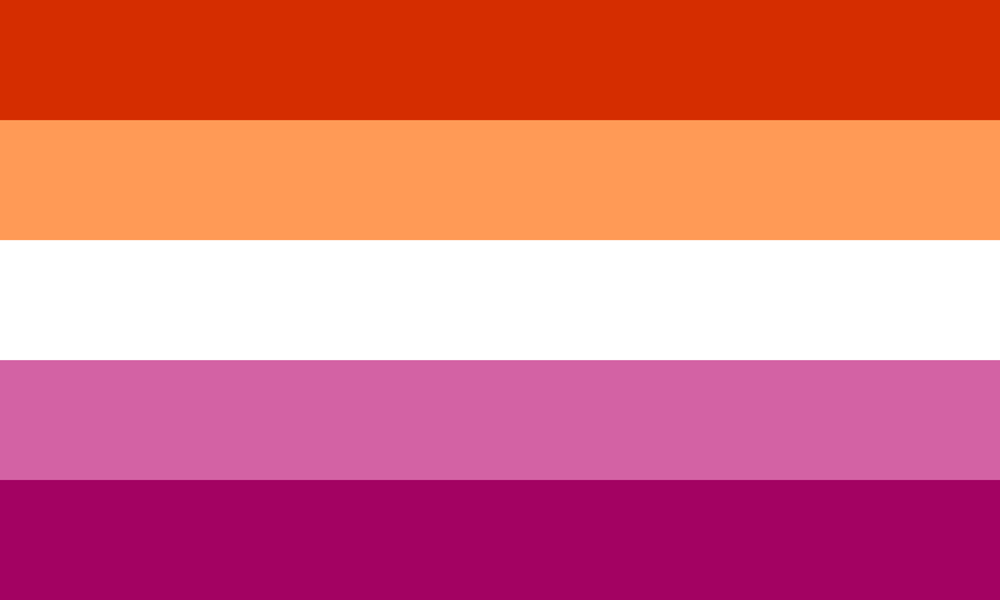
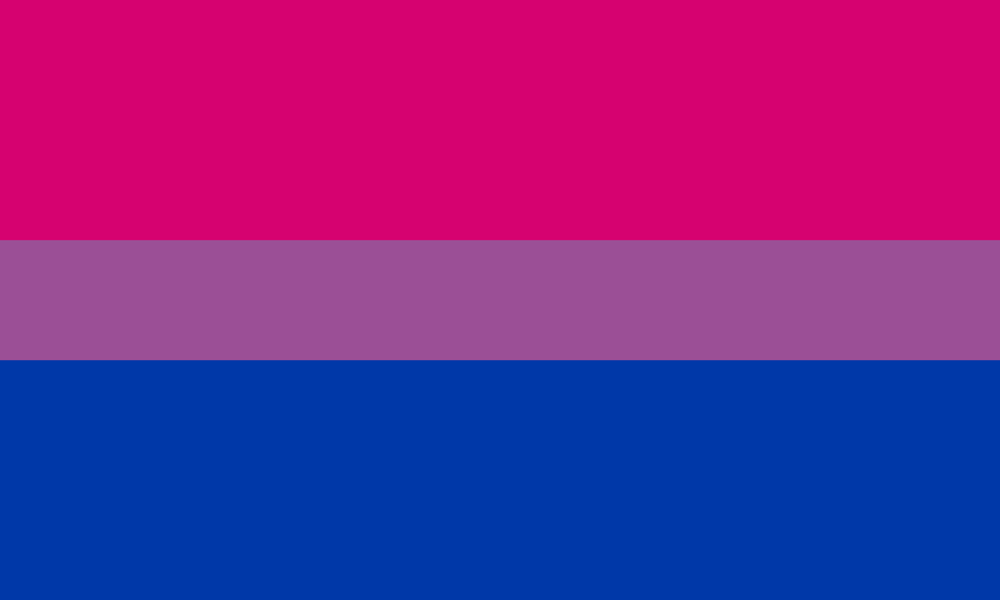
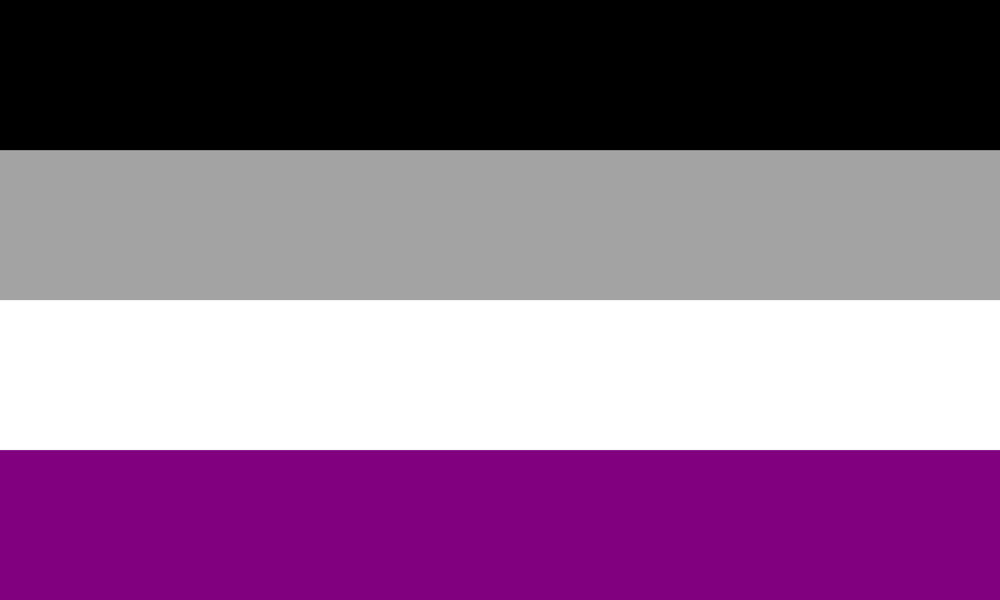
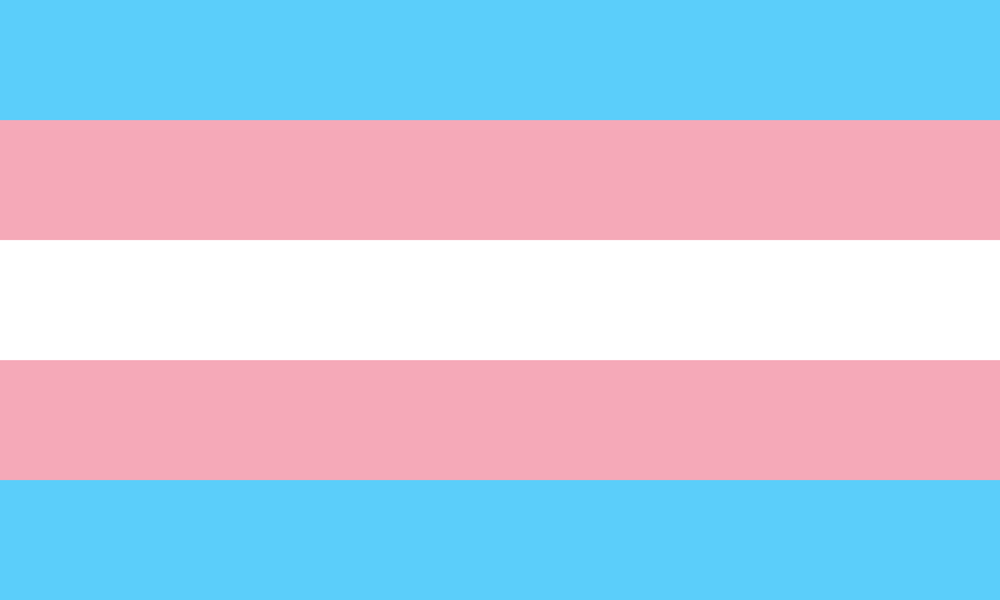
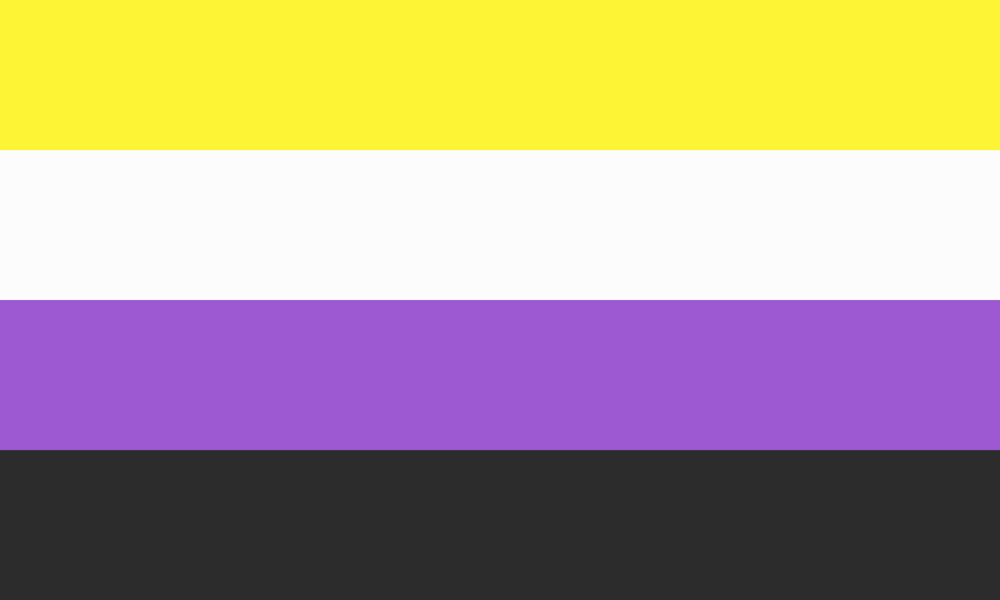

And some more… Again, click on each flag for more info about the design and who it represents.
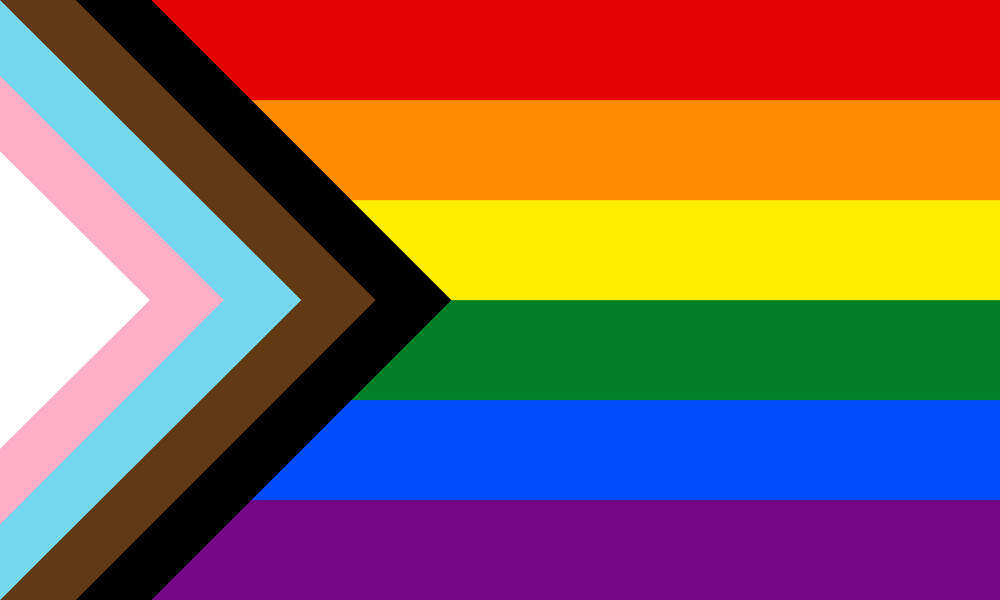
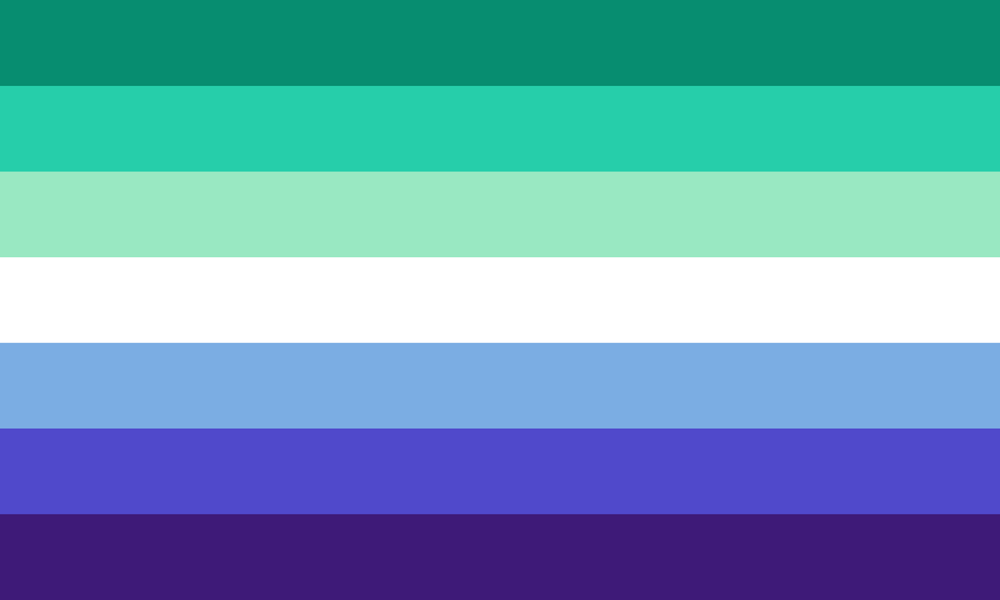
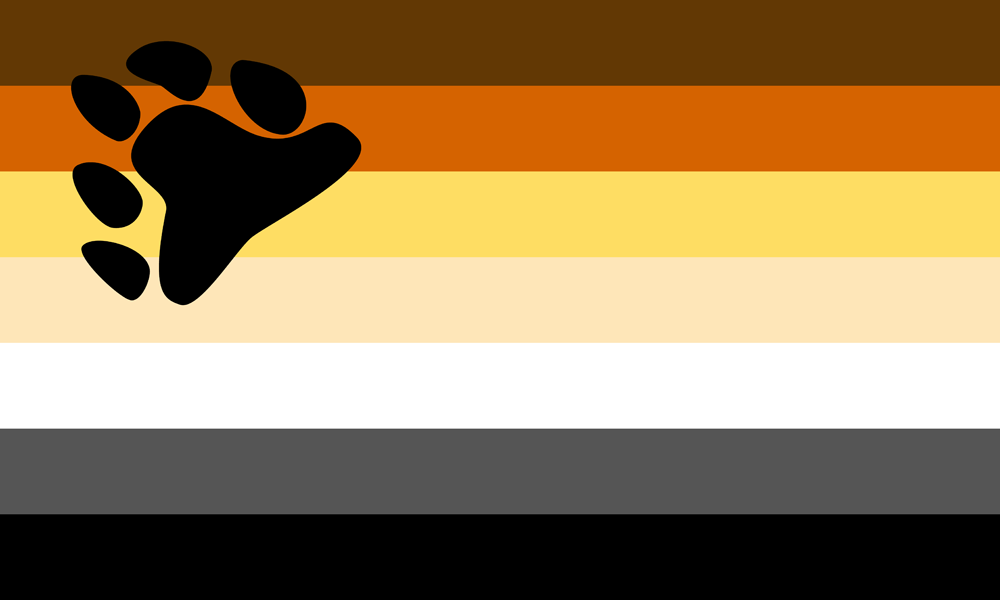
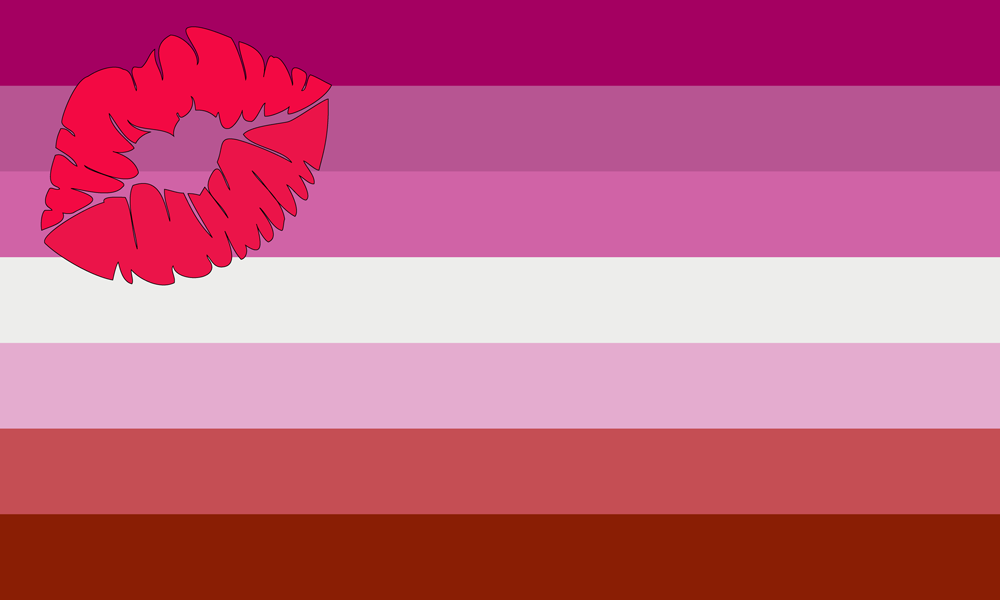
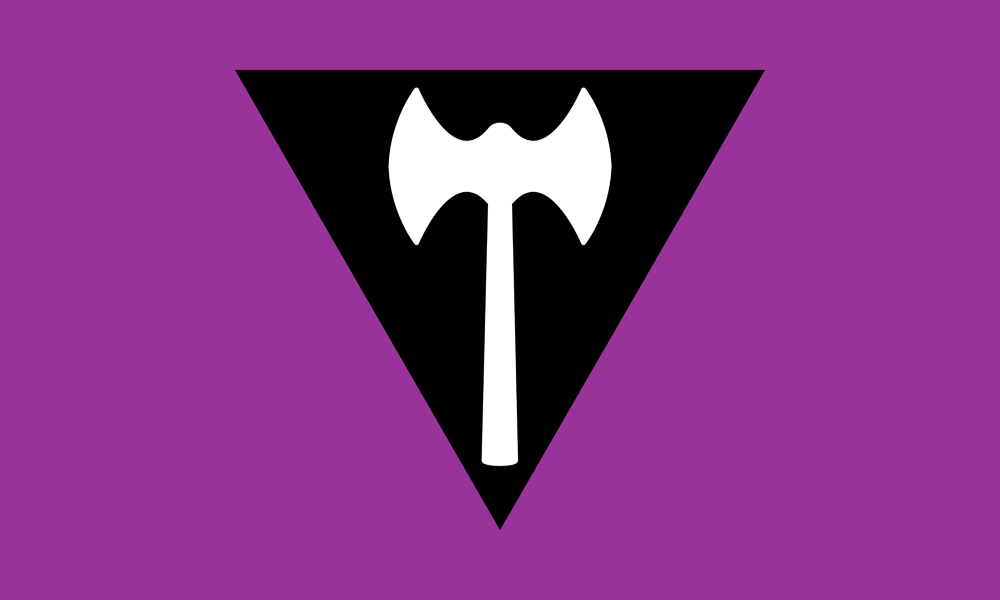
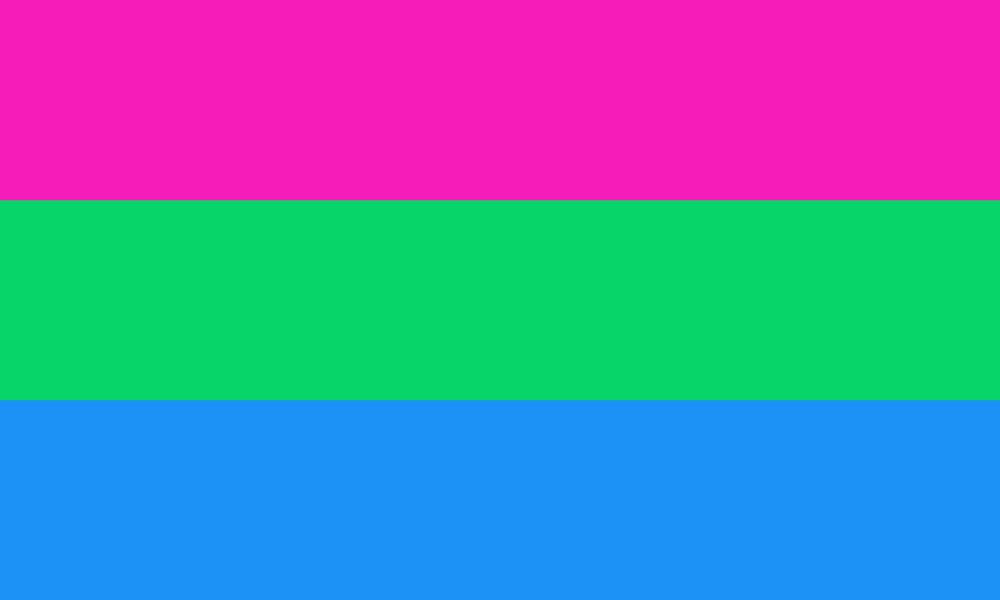
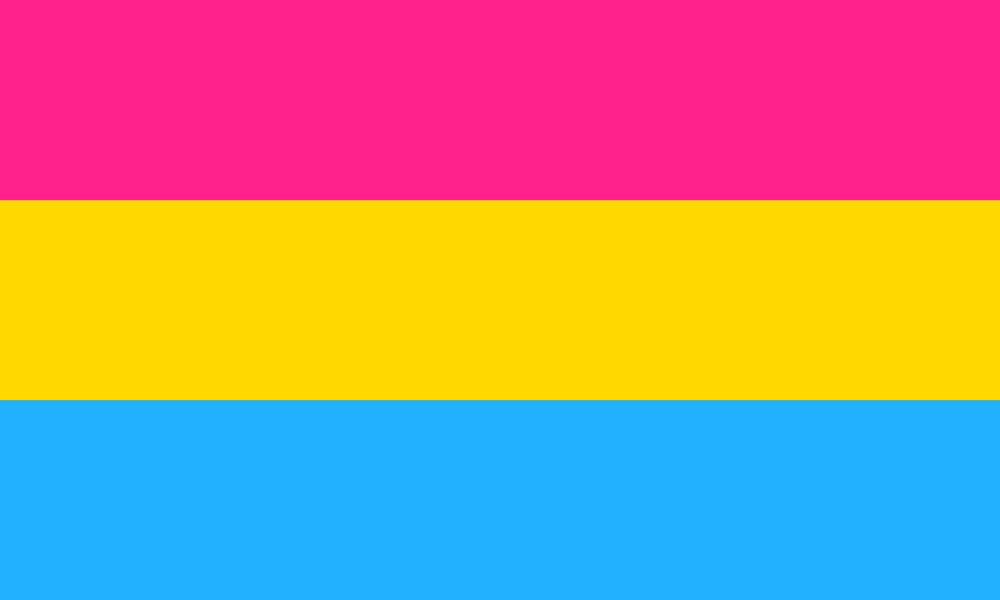

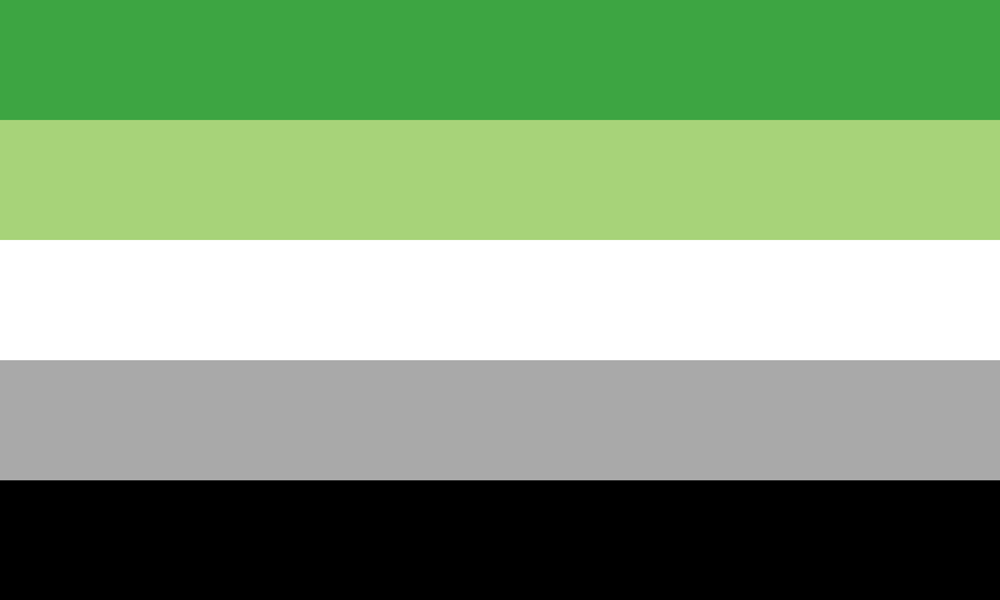
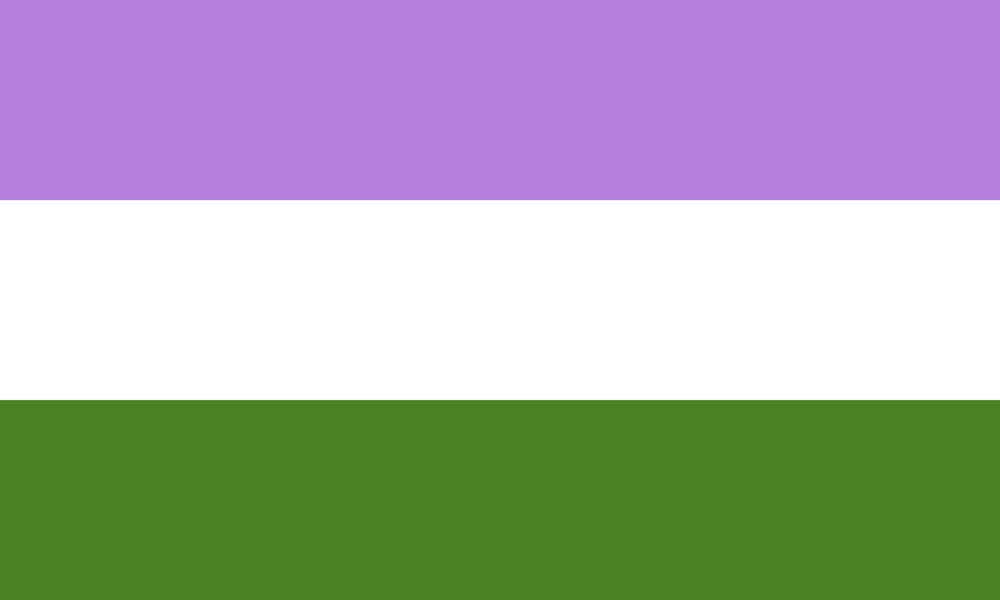
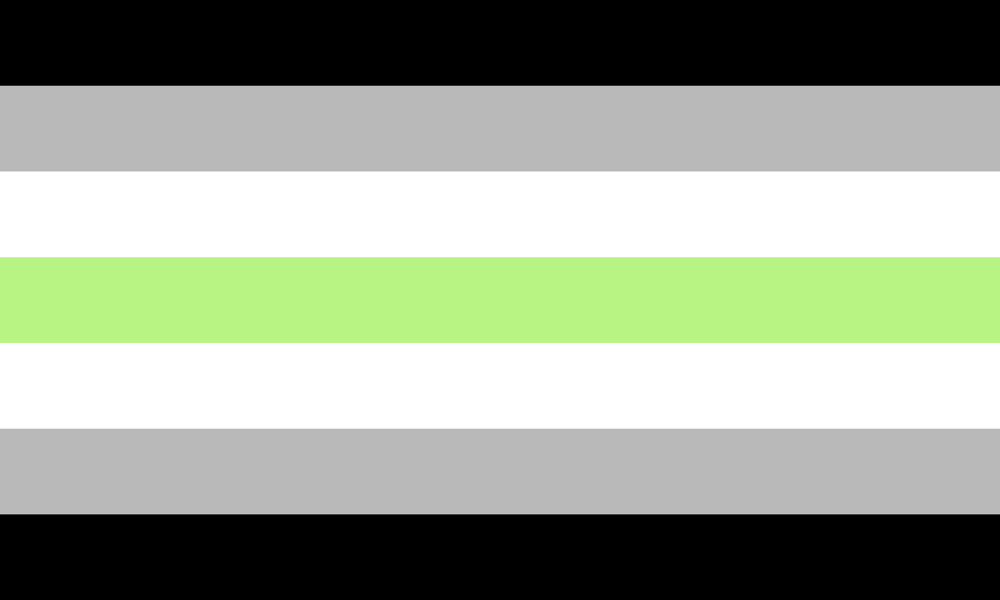
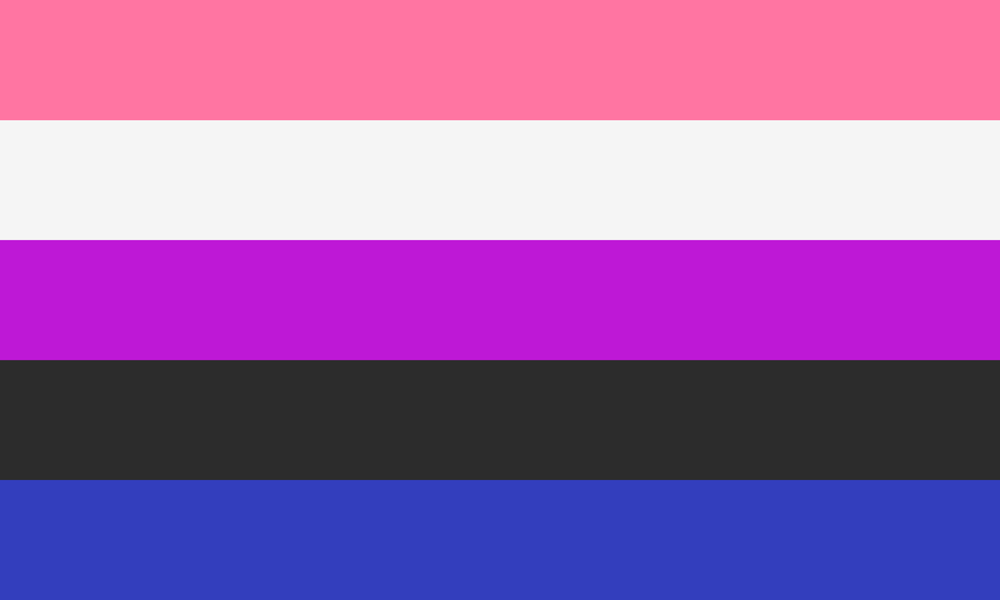
Here at Congleton Pride we’ve been having some fun of our own with these flags, in our retro maze game Prideworld. Play it in your web browser on any computer, tablet or phone. Pick a pride flag and paint its colours onto the buildings by completing puzzles, navigating narrow walkways and fire and ice, making crazy jumps and outmanoeuvring the enemy robots!
If you are, or think you might be, any of these things…
…or somebody important to you is, and you want to learn more:
The pride flags above are clickable links to more information – about what the words mean, the history of each part of our community, how it came to have a flag and how it campaigns for and celebrates its Pride in today’s world.
If you’re having difficulty with anything to do with gender, orientation or intersex characteristics, or how people around you treat you because of them, you can talk to trained LGBTQIA+ specialist counsellors at Switchboard (0800 0119 100) or the Terrence Higgins Trust (0808 802 1221).
